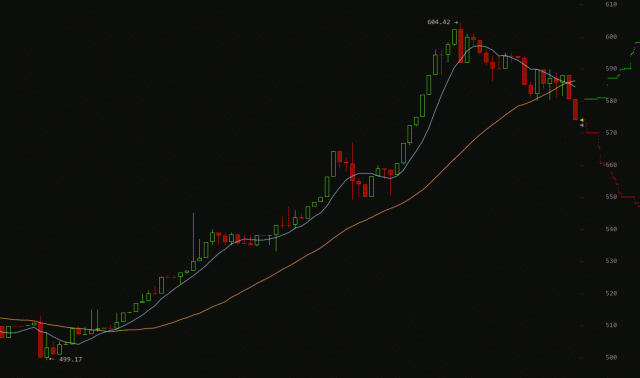Why China wants to dominate Bitcoin Nov 18 2013
Post on: 12 Июль, 2015 No Comment

China is quickly moving to become one of the leading players in the Bitcoin market.
China is quietly positioning itself to dominate the brave new world of Bitcoin.
Bitcoins are still being viewed cautiously by lawmakers and regulators in the United States. In fact, there are two Senate hearings this week about the risks Bitcoin poses. But that is decidedly not the case in China. There has been a steady drumbeat of positive news in the Chinese press this year, including a landmark report on CCTV, China’s national television network.
China’s fascination with the currency upstart resulted in an estimated 40,000 client downloads a day and a burgeoning acceptance rate from online retailers down to physical traders standing in Tiananmen Square.
The largest Bitcoin exchange in the world is located securely inside China, and one of the world’s largest Internet companies, Baidu ( BIDU ). is integrating and using Bitcoin. It seems highly unlikely that Baidu would be able to integrate Bitcoin payments across its vast network of users without some sort of complicit nod from higher authorities.
Chinese interest could play a huge role in turning Bitcoin into the first trillion dollar non-fiat currency.
So why has China been so quick to embrace the virtual currency? It has been down this road before. In 2009, the government moved to staunch the rapidly rising phenomenon known as QQ, the virtual currency from social juggernaut Tencent ( TCEHY ).
In just a couple of years, QQ had grown to such an extent that some estimates put it at 13% of the Chinese cash economy. It was threatening to supplant the yuan in a viral tsunami that showed no signs of abating. At its height, people similarly gathered in public places to trade QQ, and shopkeepers began accepting it for payment.
Because Tencent controlled QQ through central online reserves, the Communist Party’s response was swift, hobbling QQ at its knees and bringing it well back into line overnight. How did they do it? Since QQ was centrally managed, all the Chinese government had to do was tell Tencent to limit QQ’s use or face a total shutdown of their business. So Tencent reeled it in.
Such a move is not so easy with the decentralized cryptography of Bitcoin, and Chinese officials know that.
Within months of the chop on QQ, the Bitcoin algorithm was released anonymously online. Bitcoin is difficult to trace. And as the open source aspects of Bitcoin grew and strong demand began to push up prices, China took notice, perhaps having been more aware than others of how quickly and completely these things can take off.
In terms of geopolitics, the implications of Chinese support for Bitcoin are clear and complicated for the U.S. The more bitcoins a person or entity control, the higher their influence in all things Bitcoin. While it is unlikely anyone will ever control more than 51% of Bitcoin, such an event could put the currency under control of that actor.
In the meantime, Bitcoin presents a marvelous gift for China, a country anxious to exert financial influence on a global scale, but nervous to overtly undercut the U.S. dollar, which it holds in abundance.
It could also help China exert more economic influence over commodity-rich Africa. Digital currencies like Bitcoin are already set to take off there and bring financial inclusion to 2.5 billion of the world’s most under-banked.
As Bitcoin infrastructure matures, it has the potential to be used as a currency in commodity markets and other areas of trade with lightning quickness, from gold to wheat to cotton and, yes, oil.
In Africa, this could mean the destruction of weak country currencies, large scale consumer adoption via mobile payments, and a new era for Chinese financial supremacy in Africa at large. For America, oil contracts from non-OPEC countries denominated in Bitcoin would pose significant threats.
That’s why next year will be key for the future of Bitcoin. Ironically, it is the United States, the free market financial heavyweight in the world, that finds itself moving slowly to figure out how to adopt Bitcoin. Meanwhile, China is proving to be a leading player in this 21st century currency.
If the U.S. winds up over-regulating Bitcoin, the existing power structure in finance could be put at risk. The message to Congress is clear. Bitcoin is here to stay and lawmakers would do well to make sure that the U.S. does not get left behind in this brave, new digital currency world. The race is on, and Bitcoin doesn’t care about national borders.
Stan Stalnaker is Founding Director of Hub Culture and the Ven , an asset-backed Internet reserve currency that along with Bitcoin and Ripple, is leading the digital asset market.
CNNMoney (New York) November 18, 2013: 10:15 AM ET














